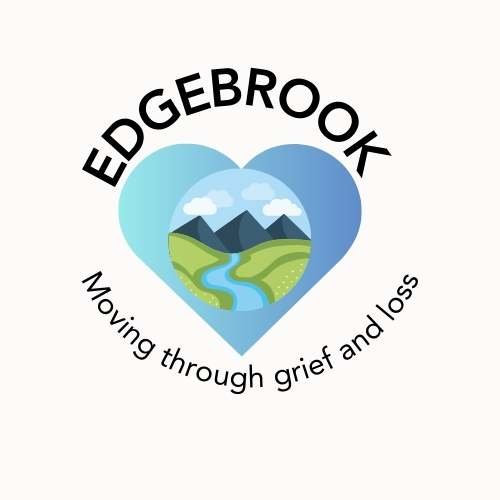Hello Anger My Old Friend
It’s not like I haven’t seen such arguments before. They call us to be more “spiritual” by not allowing our anger, by letting it simply flow out of our lives. The message is that there is no good use for anger and the more we grow as people, the less we will have to deal with anger..
Ironically, I read one such article as I was preparing to lead an Edgebrook Healing through Grief and Loss workshop. Part of the workshop is giving participants tools and opportunity to express anger.
We do that because anger is important.
Anger provides information.
The information may be that a boundary has been crossed, that someone has done something or something has happened that should not have happened. Someone betrayed a confidence. A company deliberately misled you. Someone is treated unfairly.
The anger of grief can be directed at a specific event like someone who chose to drive impaired, causing a fatal accident. Or the anger may be that now you now have to live without a relationship that was close to your heart and life-giving to your life.
When we are able to welcome anger to the table we can hear the message it brings, even and especially when that message is about our own selves.
I’m normally a patient driver. Sometimes, however, irritation begins creeping in. Unchecked, it becomes anger. I mutter at the other drivers, wondering why such fools are on the road. As I’ve learned to listen to my anger, however, I’ve discovered that these feelings have little to do with other drivers. Instead, it’s my cue that my life has drifted into an imbalance of work and play and the things that nourish and nurture me. In short, my work has started taking too much of the pie. My anger is like a dashboard warning light calling for my attention.
Anger is also a physical emotion. The energy of anger fuels our drive to make changes. It pushes us to learn better how to set and hold boundaries. It gives us the energy to address what’s not working or to advocate for change in larger systems.
Anger gives us the strength to stand and say, “No more.”
Anger gives us the power to find our voices that have been silenced too long.
Anger isn’t the problem. The problem is that when we are unable to express our anger safely, it doesn’t go away but rather goes underground and becomes rage, which is a destructive force. Sometimes we explode with anger, not because of any present anger but because of the old anger we have carried with us for far too long.
Anger isn’t the problem. The problem is that we are shamed for having anger and so want to send it away.In so doing, we miss out on whatever anger is trying to tell us.
Anger isn’t the problem. The problem is that when we frame anger as a negative emotion that’s contrary to our psychosocial health, we cheat ourselves from learning how to be angry in ways that are safe both for ourselves and others. Both Hebrew and Christian scriptures say, “Be angry and sin not,” not “Don't be angry.”
When we invite anger to the table as a normal human emotion, listen to what it’s telling us and discover safe tools for expressing it we open our lives to added depth and purpose.
I’m home from the workshop now. When participants expressed their anger, they didn't get more angry. In fact, the opposite happened. They were able to let go of at least some of it. And for some of them, they found a new strength and a new voice.
Hello anger, my old friend.
